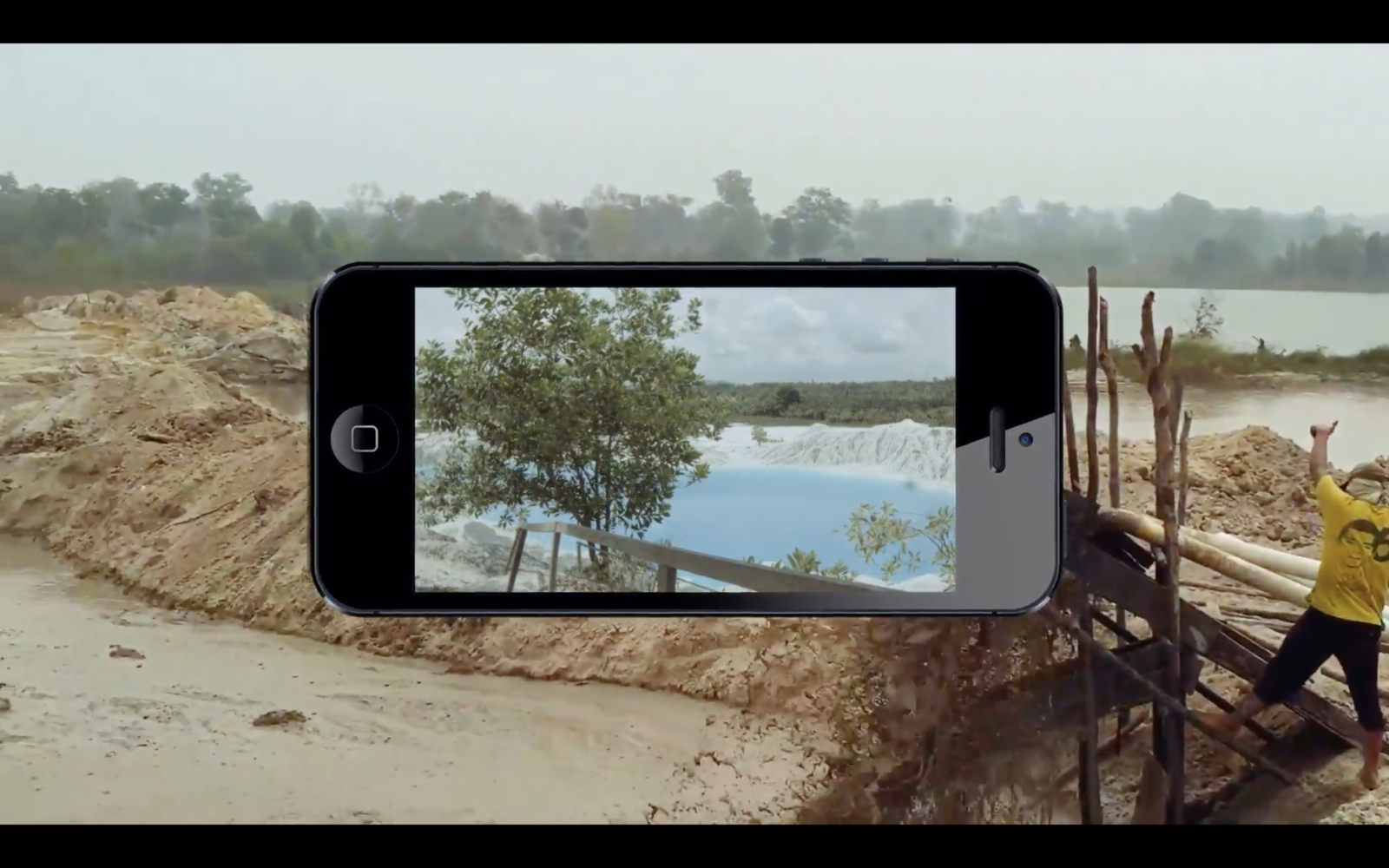Abstract
In this Talking Heads conversation with art critic Jill Gasparina and digital anthropologist Nicolas Nova, Lialina bears witness to the paradigm shift that took place in the 2000s with the passage from a user culture to a mass culture, where technologies have become invisible and indistinct.
Text
Whatever happened to ‘user’ in the language of web giants? Jack Dorsey, founder of Twitter, swore he would no longer use the term, in favour of more vague or populist words such as ‘people’, ‘consumers”’, etc. The net artist Olia Lialina pays special attention to these semantic changes, which signal political developments. As the tragic example of the term ‘war’ in Russia demonstrates, the banning of certain words affects both our understanding and awareness of the role we are all playing. Realities as diverse as a website, an application, a 3D interface, are being reduced to ‘technologies’ or ‘experiences’.
Together with Dragan Espenschied, Lialina documented thousands of pages of the web hosting service GeoCities, active in the 1990s and 2000s. The aim was to extract what she calls ‘digital folklore’, i.e. the vernacular culture of the web. She is now campaigning for the ever-receding rights of users. In this Talking Heads conversation with art critic Jill Gasparina (HEAD – Genève, HES-SO) and digital anthropologist Nicolas Nova (HEAD – Genève, HES-SO), Lialina bears witness to the paradigm shift that took place in the 2000s with the passage from a user culture to a mass culture, where technologies have become invisible and indistinct.


